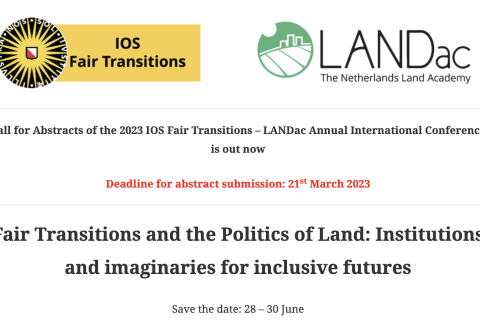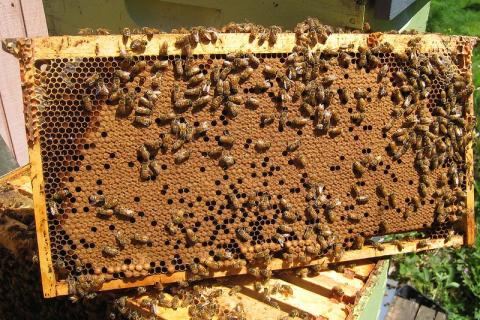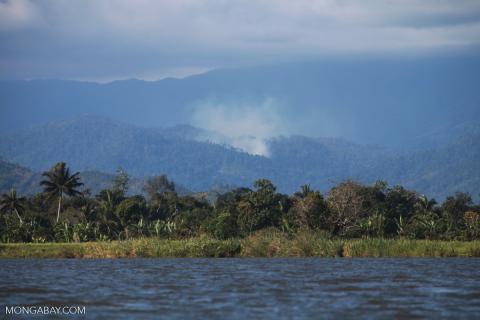New Portfolio on Indigenous and Community Land Rights
Call for Abstracts: LANDac International Conference 2023
Beekeeping revives forests, land in Zimbabwe
From Japan to Brazil: Reforesting the Amazon with the Miyawaki method
Tree cover in Nepal has doubled since forests were entrusted to local communities
NA passes Bill for effective conservation and management of natural resources
The National Assembly (NA) on June 24 adopted the Forest and Nature Conservation Bill of Bhutan 2021 with 38 ‘Yes’, and two “ No” votes and two abstained.
Chairperson of the Environment and Climate Change Committee, Gyem Dorji, said that the Act, which was enacted in 1995, was not amended for more than two decades.
“During these years, the forest department was guided by executive orders and notifications, which were incorporated into rules, regulations, and guidelines,” he said.
In Bangladesh, a community comes together to save a life-giving forest
- Several tribal settlements are spread across Bangladesh’s Chittagong Hill Tracts (CHT) region, each with its own communally managed forest that residents can use.
- But the unchecked exploitation of the once-rich forests, a consequence of population growth, has led to local water holes drying up, forcing many residents to leave the villages.
- In one village, however, residents started an initiative with various programs aimed at conserving their forest and providing funding for alternative livelihoods to reduce members’ reliance on forest resources.
In a national park plagued by encroachers, Indonesia tries a new approach
- For years, people have settled illegally in national parks around Indonesia, clearing the land and farming it in the hope they will eventually be granted legal title to it.
- While the authorities’ default response has been to evict them, a new government program is taking a more collaborative approach that aims to be a win-win for both the parks and the people.
- Under the “conservation partnership” program, the settlers acknowledge that they cannot lay claim to the land and must work to restore damaged ecosystems.
- In turn, they’re
The last stand? Community in Gabon calls on government to halt logging of their sacred forest, a unique and historic initiative
FOREST GOVERNANCE IN DEBATE - Videoforums cycle from December 3 to 17
The last two meetings of our cycle are dedicated to :
- Local collective governance of forests versus the State in South East Asia, today, December 15
- Experiences and analysis of REDD+ projects around the world, Friday December 17
For more information: http://www.agter.asso.fr/breve178_en.html
Even as the government bets big on carbon, REDD+ flounders in Madagascar
REDD+ is an idea that has launched a thousand projects. It’s essentially a way to monetize forests’ ability to store carbon and put that money in the hands of communities who can protect them.
Blue Ventures, a U.K.-based NGO, saw the U.N.’s reducing emissions from deforestation and forest degradation (REDD+) program as an opportunity to finance conservation in Madagascar. It was an attractive proposition, tackling two of the African nation’s most debilitating problems — forest destruction and poverty — at once.












